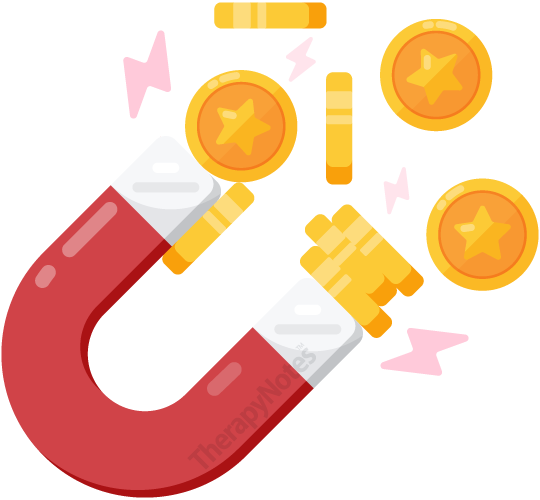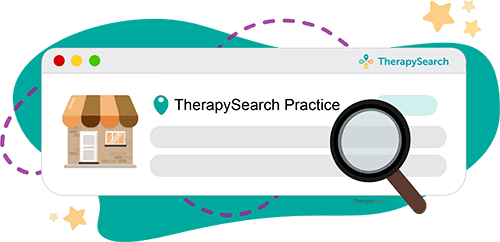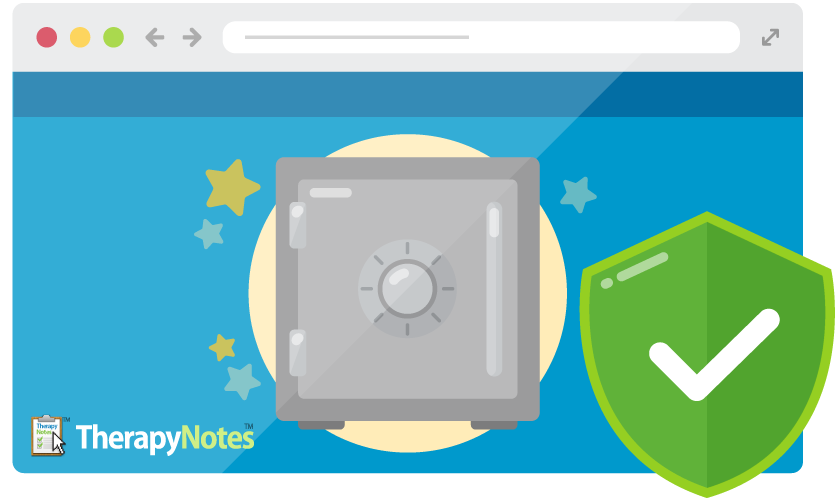6 Passive Income Ideas to Reduce Burnout and Increase Your Revenue
By Kristi Tackett-Newburg, Ph.D., LIMHP, CPC on May 12, 2021

Hey mental health professionals! Let me ask you something…
As we pass the one-year anniversary that marks the beginning of one of the most stressful years in history, are you feeling burned out?
If your answer to that question is a resounding YES, you are not alone. Let’s face it, mental health professionals have a tough job. Helping clients navigate and process through difficult emotions, stress, trauma, and relationships can be exhausting work. Not only that, the manner in which we deliver our services is also quite taxing. It’s common practice for therapists to schedule one-hour, back-to-back therapy sessions all day long. In fact, pre-pandemic studies found that 21–67% of mental health professionals experience moderate to high levels of burnout. There is no doubt that percentage would be much higher if providers were surveyed now.
If you’re in private practice, you may be even more susceptible to experiencing burnout. Not only are you responsible for managing your caseload, but you have the added stress of making sure that you’re able to cover your overhead. Reducing hours to focus on self-care may be a luxury that you cannot afford, as decreased hours means less money in the bank, thus less money for retirement. To reduce the likelihood of burnout, therapists may want to consider diversifying their income streams.
In business, income is generated through active or passive actions. Active income is money that is earned in exchange for performing a service. Most mental health professionals earn the majority of their income through active means. They see a client for an hour and are later reimbursed for that hour. The issue with relying solely on this type of income is that it’s hard to scale. Therapists have two options for increasing revenue—raise their rates or see more clients.
If you’re an insurance-based practice, your fee schedule is determined by your contract with each insurance company. Sure, you can ask for annual raises, but that doesn’t mean they will always be granted. Alternatively, you can boost your caseload, but ultimately your income is capped by the number of clients you can physically (or mentally) see in a day.
On the other hand, passive income is money earned from work completed in the past. It requires little to no active involvement to continue generating revenue. With passive income, you put in the time, energy, and resources upfront to enjoy the benefits later. There are many ways to generate passive income depending on your interests, knowledge, available time, creativity, and financial goals. For mental health professionals who work full time, I recommend focusing on passive income streams that take up no more than 10% of your time once they are set up.
As Warren Buffet famously said, “If you don’t find a way to make money while you sleep, you will work until you die.”
6 Passive Income Ideas to Boost Your Revenue
1. Create a Workbook
Are there certain key points that you find yourself regurgitating to clients over and over again? Or maybe you have a handful of go-to activities you like to assign clients in-between sessions? You may want to consider creating a workbook that clients (or other consumers) can purchase on your website. Many therapists recommend other people’s workbooks to supplement therapy. Wouldn’t it be great if they started recommending yours?
2. Publish an E-book
As a mental health provider, you have valuable knowledge to share with the world. Why not take that knowledge and pour it into a book? People will pay a premium for your expertise much like they pay to see you for therapy. Sell your e-book on your website or self-publish through Amazon Direct Kindle Publishing.
3. Create a Blog
If writing a book feels like a big undertaking, consider starting a blog. You can write about a variety of mental health topics that you feel passionate about. Make sure to come up with fresh perspectives to help you stand out. Once you get used to the writing process, try pitching some of your ideas to other online media outlets. Many companies will pay you for your unique contributions.
4. Launch a Podcast
Not a big fan of writing? Consider starting a podcast. According to a 2020 survey, over 155 million people reported listening to a podcast every week. Do you have a certain niche that would make for a great podcast series? Self-help podcasts are hugely popular with consumers looking for strategies that will help improve their lives. Publish your podcast episodes on your website to draw more visitors. You can even monetize your podcast through paid sponsorships. Obviously, the more listeners you have, the more sponsors will be willing to pay.
5. Start a YouTube Channel
YouTube remains one of the most popular social networks and professionals from every industry are taking advantage of it. Many healthcare workers have created their own YouTube channels as way to share their knowledge with more people. Start off slow by recording yourself giving mental health tips or sharing tidbits of information. Once you have an audience, you can ask your viewers to send questions in advance that they’d like to have answered. Once you have a following, you can monetize your channel through paid ads.
6. Create an Online Course
Mental health professionals have countless interventions, tips, and strategies to share with clients. Package that knowledge into a pre-made product that people can download online at any time. Start by creating valuable content on a subject you know a lot about. Then spend a few days, hours or weeks designing an online course using that content. Once your course is completed, upload it to your own website or one of the many online course marketplaces.
* The content of this post is intended to serve as general advice and information. It is not to be taken as legal advice and may not account for all rules and regulations in every jurisdiction. For legal advice, please contact an attorney.
About Kristi Tackett-Newburg, Ph.D., LIMHP, CPC
Get more content like this, delivered right to your inbox. Subscribe to our newsletter.
More Content You'll Enjoy

Converting Clients

What's New: Introducing Practice Profiles in TherapySearch!
